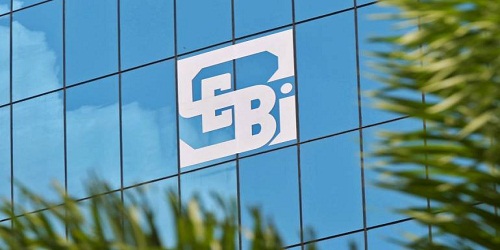Securities and Exchange Board of India (SEBI) eased its norms for buyback (repurchase) of shares by listed companies, which is governed by the Buyback Regulations of SEBI & Companies Act, especially those having subsidiaries in housing finance and Non-Banking Financial Company (NBFC) segments.  Key Points:
Key Points:
- Background: The Ministry of Corporate Affairs had permitted the government companies carrying out non-banking finance and housing finance activities to launch buybacks resulting in up to 6:1 debt to equity ratio post the share repurchase.
- The financial statements of the companies would be considered on both standalone and consolidated basis to determine the maximum permissible buyback size and other related requirements.
- The buyback offer cannot exceed 25% of the aggregate paid-up capital and free reserves of the company and an approval from the shareholders is required through a special resolution in case the size exceeds 10%.
- A buyback is permitted only if the ratio of the aggregate of secured and unsecured debts owed by the company after the buyback is not more than twice the paid-up capital and free reserves, unless a higher debt-to-equity ratio is specified under the Companies Act.
- At present, the post-buyback debt-to-equity ratio is up to 2:1, except for companies for which a higher ratio has been notified under the Companies Act, based on both standalone and consolidated basis.
- If the debt to equity ratio on consolidated basis exceeds 2:1 threshold, buybacks would be allowed after excluding the subsidiaries that are NBFCs and housing finance companies regulated by the Reserve Bank of India (RBI) or National Housing Bank (NHB). The standalone debt to equity ratio of all such excluded subsidiaries should not exceed 6:1.
- Earlier, Sebi had proposed to keep this threshold at 5:1.
About buyback of shares:
It is when a company buys its own outstanding shares to reduce the number of shares available on the open market. Companies buy back shares for a number of reasons, such as to increase the value of remaining shares available by reducing the supply or to prevent other shareholders from taking a controlling stake.
About debt-to-equity (D/E) ratio:
It is used to evaluate a company’s financial leverage. It’s formula is as follows:
D/E Ratio = Total Liabilities divided by Total Shareholders’ Equity

